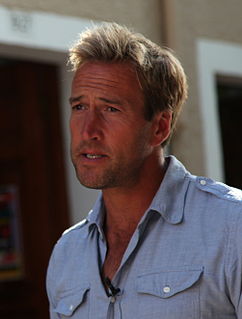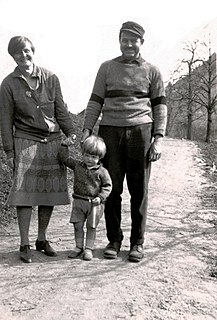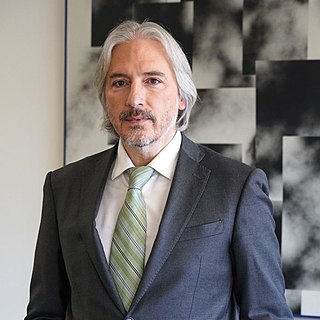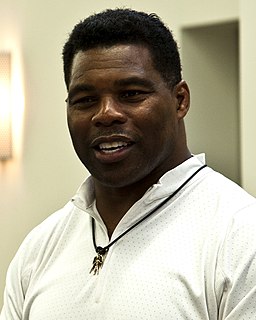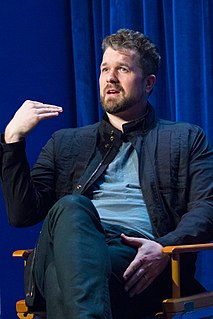A Quote by David Cameron
I do think 'Gogglebox' is extraordinarily insightful, and I think if politicians want to understand how we are viewed at home, it's quite recommended viewing.
Quote Topics
Related Quotes
Americans understand that the game is rigged, and they've had enough of it. They're ready to fight back. They want a Washington that works for them, i think that people are getting more engaged, politically, and they're seeing through a lot of the rhetoric that politicians have been throwing out there for a long time. They want to see some real change, and I think that's what we need to work on.
I think a lot of politicians, rightfully so, understand that their political futures are tied to how many times people see their names in print. The press is so accustomed to politicians wanting those things, it's a surprise when somebody's like, 'Whatever, I'm not really worried about those things.'
I think a lot of politicians, rightfully so, understand that their political futures are tied to how many times people see their names in print. The press is so accustomed to politicians wanting those things, it's a surprise when somebody's like, 'Whatever, I'm not really worried about those things.
The way the left is reacting to the death of Fidel Castro up against the incontrovertible facts of who he was, you want to talk about a disconnect. In fact, I don't think it is a disconnect. I think the left, the power brokers, the leaders, I think they actually did admire the guy. I think this is what they think Castro's power - I've always said, the people have asked me, how do these actors and people and these leftist politicians, how come they admire people like this? I said, "They envy their power." And I think there may be a lot to that.
But I think there are some who believe they are actually protecting women, you know, and that it is better for women to be taken care of. I think women want to take care of themselves, and I think having a voice in how that is done is very important. And frankly, I don’t understand — I mean, I’m obviously a card-carrying Democrat — but I can’t understand why any woman would want to vote for Mitt Romney, except maybe Mrs. Romney.
I'm quite optimistic when it comes to the capacity of our people to have an honest discussion about what's really going on. What do you think John McCain's candidacy was about? And the early days of Bill Bradley's candidacy? People are hungry for a genuine, no-spin set of ideas and truths. They want their leaders to tell it like it is. There is a great demand for this. Politicians continually underestimate the ability of the American public to understand what's happening to them and what the real choices are.

